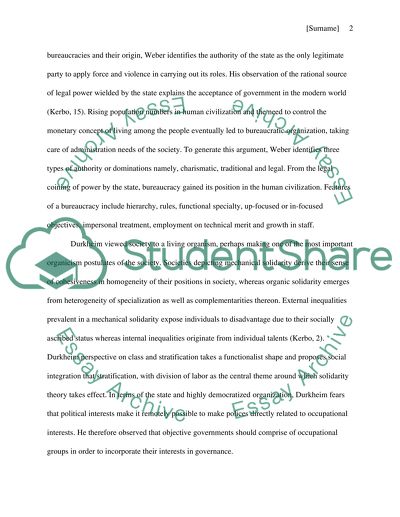Stratification Systems Essay Example | Topics and Well Written Essays - 500 words - 1. Retrieved from https://studentshare.org/miscellaneous/1603729-stratification-systems
Stratification Systems Essay Example | Topics and Well Written Essays - 500 Words - 1. https://studentshare.org/miscellaneous/1603729-stratification-systems.


